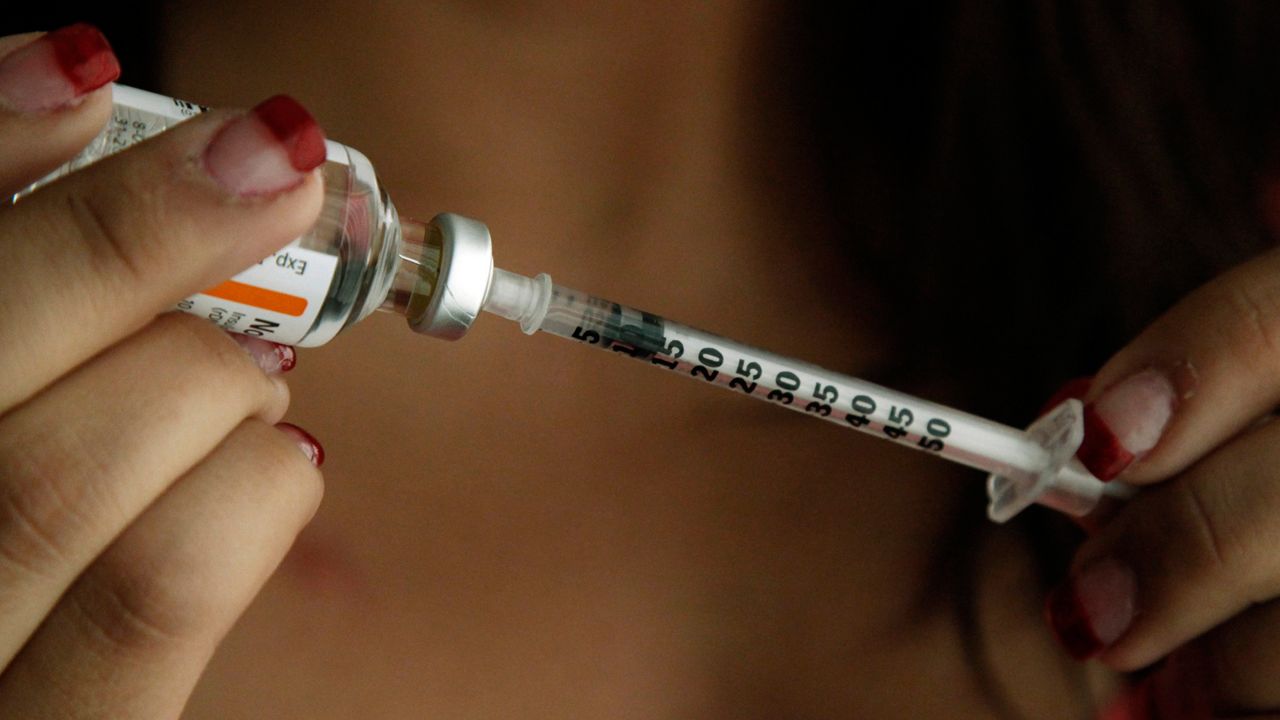Children and teenagers who have COVID are 50% more likely to develop diabetes, according to a new study published Monday in the medical journal JAMA Network Open.
The research parallels what is already known about adults, who also have increased rates of diabetes diagnoses following a COVID infection.
For their study, researchers looked at 613,602 patients between the ages of 10 and 19 who did not have preexisting diabetes at the time they got COVID or another respiratory infection. The data is based on three years of electronic health records from January 1, 2020, through December 31, 2022.
The researchers found the risk of a new diagnoses of Type 2 diabetes is significantly higher from the first day of a COVID infection until six months afterwards compared with other respiratory infections for 10- to 19-year-olds. The risk doubled in obese children and teens, per the study.
In 2023, researchers at the Smidt Heart Institute at Cedars-Sinai found the risk of Type 2 diabetes in adults who were unvaccinated and got COVID was three times as high as it was before being infected. The risk of diabetes was about even for people who were vaccinated and who got COVID.
Researchers in the study of adults said COVID infections seemed to act like a diabetes accelerator, causing people to develop the disease decades earlier than they might have otherwise.
In 2021, an estimated 38.4 million Americans -- more than 11% of the population -- had diabetes..
The disease impairs the body’s ability to create insulin on its own, damaging blood vessels and vital organs and increasing the risk of heart attack and stroke.



